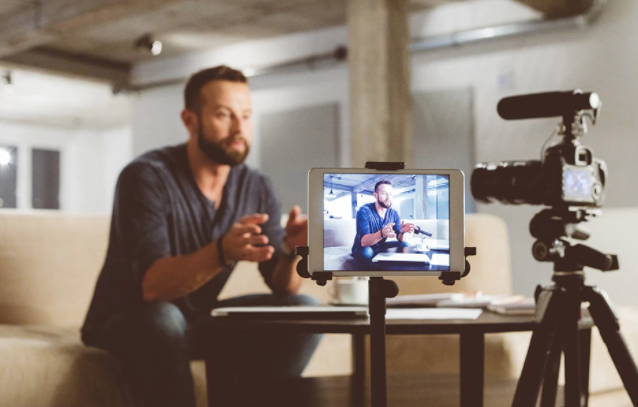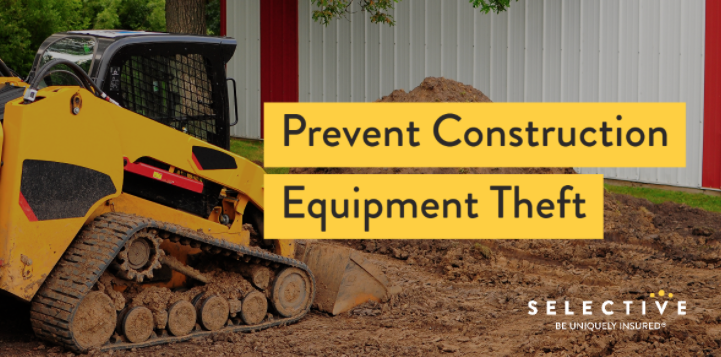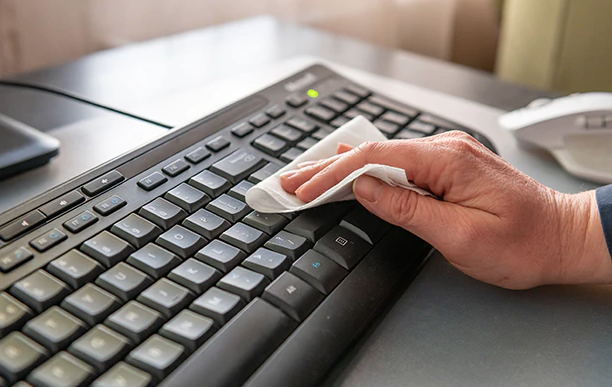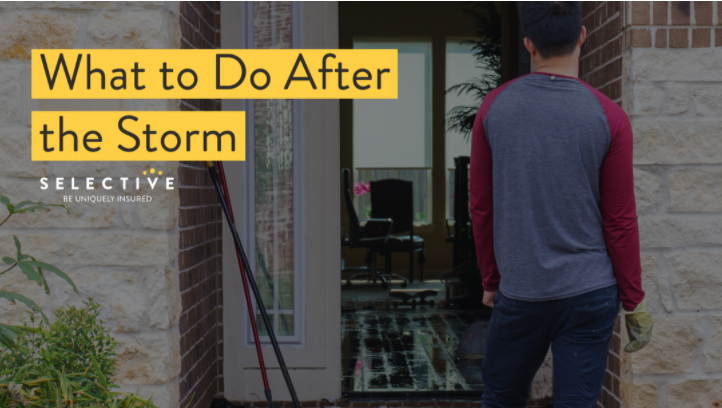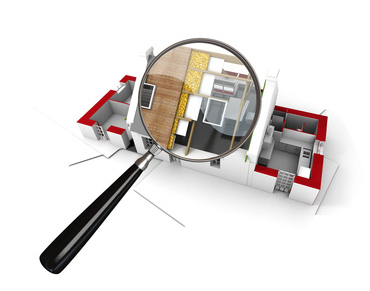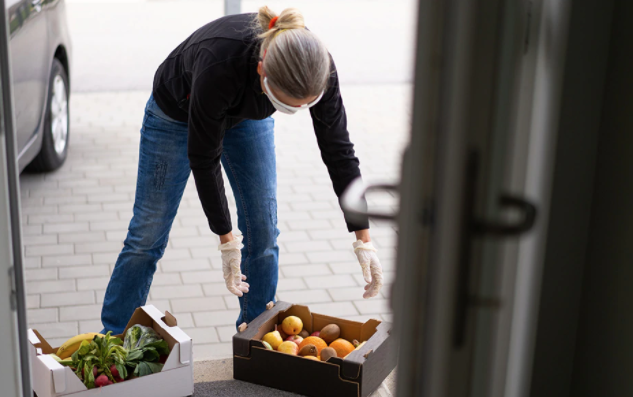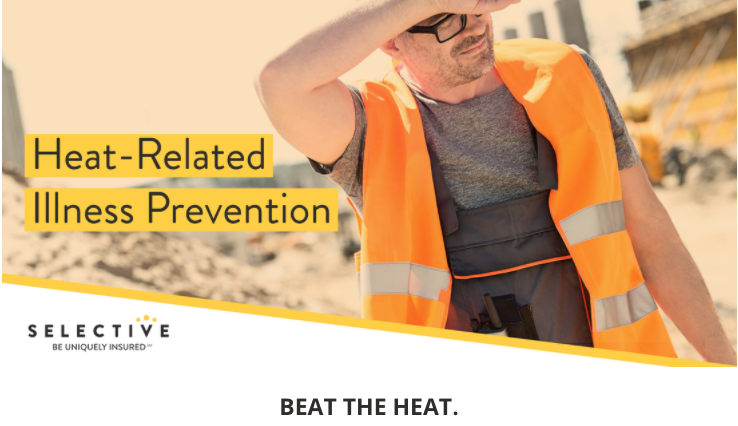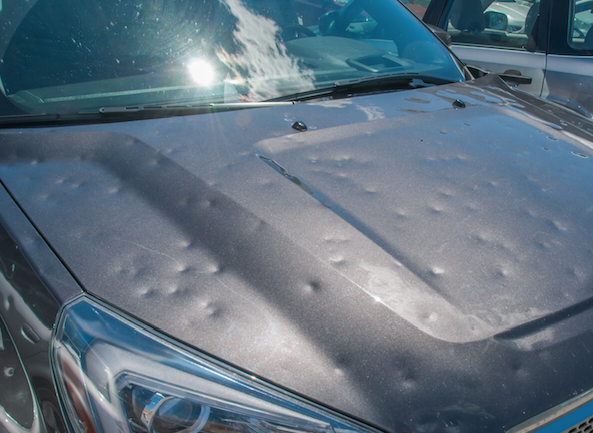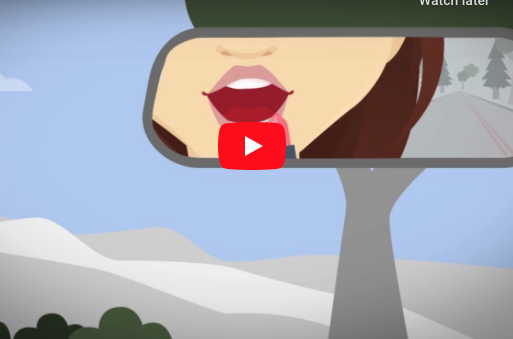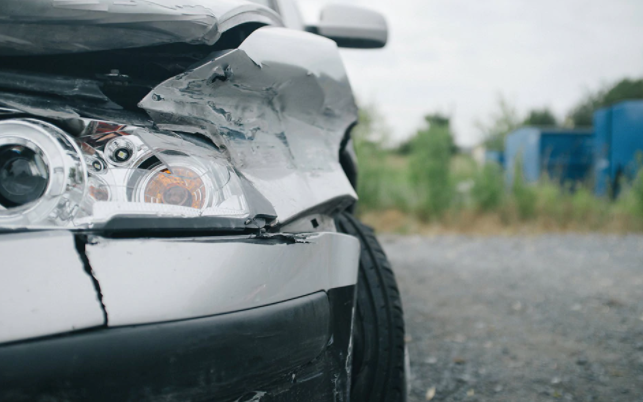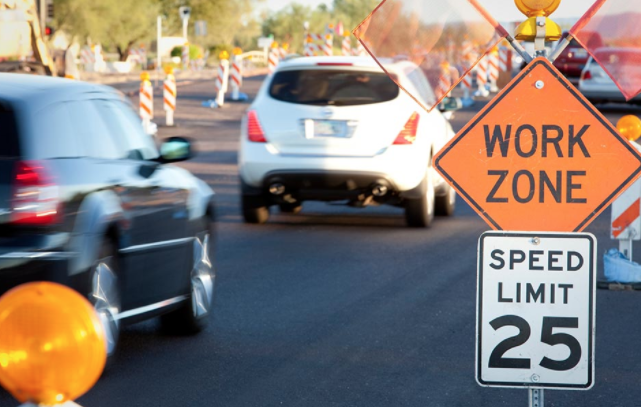FREE Car Wash
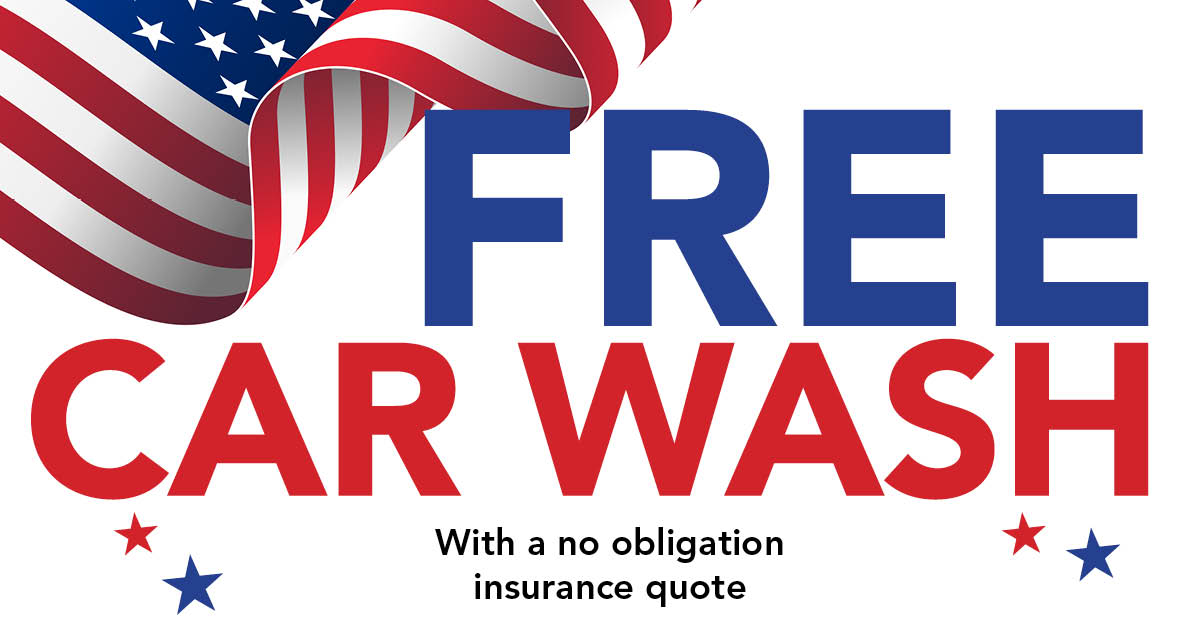
With a no-obligation insurance quote
BUSINESS • HOME • AUTO
Walk-ins Welcome
Limit one per customer, while supplies last.
410-535-0222
45 West Dares Beach Road • Prince Frederick, MD 20678
www.Glascock-Meenan.com
Apps to Help Keep Your Teen Driver Safe
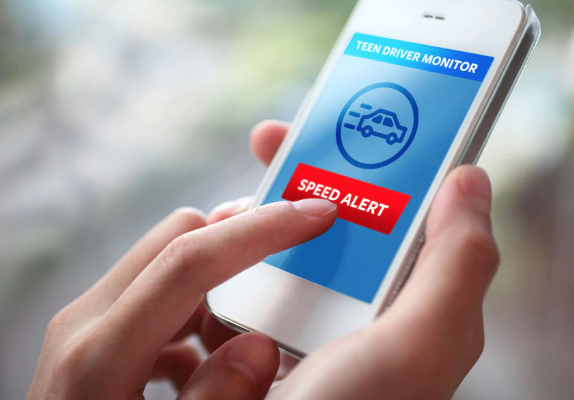
Obtaining a driver’s license is a major rite of passage for millions of young people across the country. Getting a license means freedom, self-reliance and the ability to hit the open road. But with that privilege comes risk and increased responsibility. As a parent, it is important to help your teen stay safe on the road—and new technologies can make it easier than ever.
Where to Find Safe Driving Apps
There are many safe driving apps for teens with a variety of features. You can find apps for iPhone in the App Store and for Android in Google Play. In those stores, you can search by feature or brand name to find the best app for your needs.
Some apps are installed on both your teen’s phone and your own, while others require purchasing a GPS tracker to attach to your teen’s car. Some apps are paid, some are free and others have a free trial or free version with paid premium features. Searching in the right store for your phone will lead you to the best options available.
Where Is My Teen?
One of the biggest worries for parents is where their teen is when driving. While the hope is that the teenager will go to school, work and maybe a friend’s house as planned, the occasional diversion from the plan or the unfortunate breakdown on the side of the road can be expected. Knowing where your teen is when running late can alleviate concerns.
Top teen driving apps have the ability to report the car’s location back to parents. When your teen is out, you can look at your phone to see where he or she is. Read More
Free Car Wash!
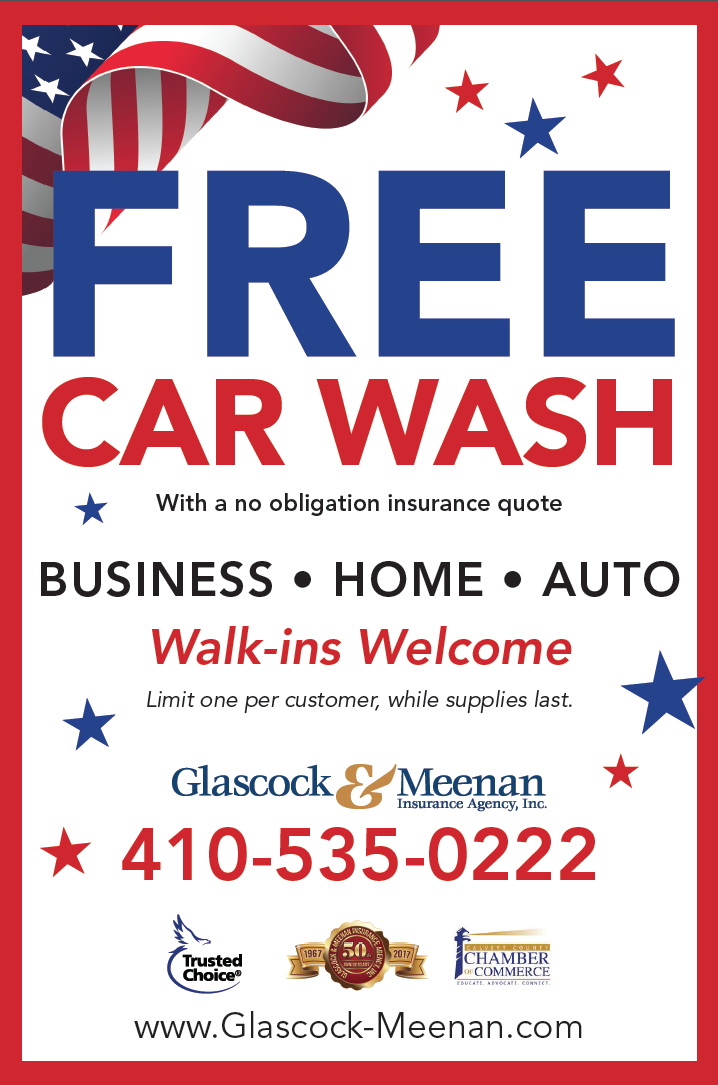
With a no-obligation insurance quote
BUSINESS • HOME • AUTO
Walk-ins Welcome
Limit one per customer, while supplies last.
410-535-0222
45 West Dares Beach Road • Prince Frederick, MD 20678
www.Glascock-Meenan.com
Emergency Preparedness Tips and Checklist for Boaters
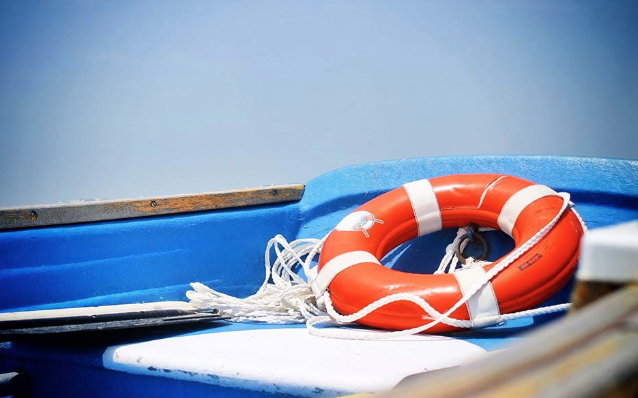
On the shore or out on the water, being prepared to handle an emergency situation is one of the most critical parts of boating safety. Do you know what to do and have what you need on board to respond if your boat is sinking, catches fire, or stops running? What if one of your passengers experiences an emergency?
The following are some tips to help minimize damage to your vessel and help preserve the safety of your passengers should something go wrong on one of your boating adventures.
Have a Safety Preparedness Kit for Your Boat
At a minimum, make sure that safety and other related-equipment are on your vessel and in good working condition before each outing. U.S. Coast Guard boating safety requirements include the following items:
- Working navigational lights.
- Map/chart of the waters you are navigating.
- Personal floatation devices (PFDs) for each passenger.
- Flotation device that can be thrown into water (cushion, ring, etc.).
- Operational, fully charged fire extinguisher (charge it before you depart).
- Flares.
- First aid kit.
- Paddle, especially on a small vessel.
- Lines/ropes for being towed or pulled back to shore.
- Signaling device (horn, mirror, portable light, etc.).
- Communication device to contact outside assistance, if necessary, such as a VHF radio (recommended) or cell phone.
Other Important Considerations for Boating Emergency Preparedness
A boating emergency can happen anytime, anywhere — and does not only refer to a problem with your vessel, but also to any dangerous situation involving one of your passengers. It is key to remain aware of your situation and assess your risk before leaving shore and during your trip:
- Monitor the weather before and during your outing.
- Know the water temperature — this can help you determine how long you or your passengers can safely remain in the water while waiting for help or swimming to shore.
- File a float plan with a friend, relative and/or the U.S. Coast Guard.
It is also important NOT to signal for help if you do not need it. The U.S. Coast Guard will only come out to your aid if someone’s life is in danger. You should only send out a Mayday call if there is risk of imminent peril, such as if your boat is sinking or has caught fire, in which case, remember: Read More
What Should I Do if My Boat is Damaged?
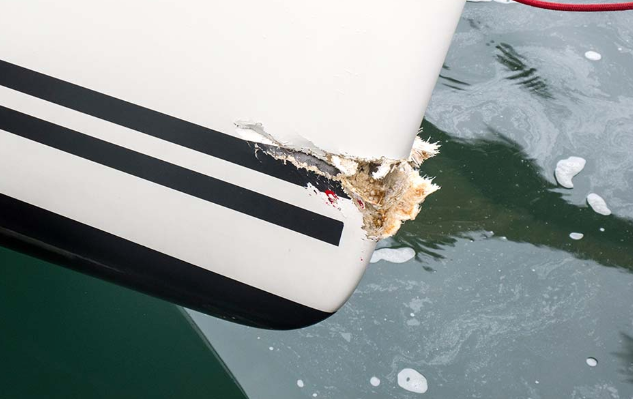
Getting out on the water in your boat can be a uniquely enjoyable experience, whether you are planning on a day of fishing or just a few hours of recreational sailing. All of that enjoyment can quickly evaporate if you find your boat is unexpectedly taking on water, and your hopes for a relaxing day quickly turns into a frenzied effort to save your cherished vessel.
There are many potential ways for a boat to become damaged, both in the water and on the shore. Some common causes of boat damage while in the water may include being struck by a submerged object, running aground, or collision with another vessel. There are also several ways for a boat to become damaged while sitting on shore, such as sinking on land if it is not placed properly on secure ground, or toppling, which can be caused by high winds or heavy snowfall during the winter.
Although sustaining damage to your boat can be frustrating and costly, there are steps you can take to help ensure repairs are made quickly in order to get you back on the water doing what you enjoy.
- Make sure no one has been injured. If there are passengers onboard when the damage occurs, check on their condition, and promptly seek medical care for anyone who has been hurt.
- Notify the U.S. Coast Guard and local authorities of the damage. Boating accidents, as with auto accidents, should be reported to the authorities right away so an investigation can be conducted. The exact circumstances that require a filed report vary from state to state. Familiarize yourself with the local regulations where you are boating so that you know when to contact authorities.
- Be sure to notify your insurance company in a timely manner. They can help provide guidance on the proper steps to take to help protect your vessel from further damage as well as restoring your boat.
- Secure the boat to prevent further damage. If the vessel is sinking, pull it out of the water as soon as possible. However, make sure you can do this safely. Never endanger your life or the lives of others when retrieving a sinking vessel. Read More
How to Help Trailer, Tow and Launch Your Boat Safely

Before you can begin a season of boating, you must first get your boat to, and into, the water. While towing and trailering are necessary to get your boat to the water, they can be potentially dangerous if the necessary precautions are not taken.
Making it a priority to inspect and maintain your trailer, secure your vessel for transport, and then tow and launch it safely is as important as following safe boating practices once you are out on the water. Following are some tips to help ensure your boating adventures start off without a hitch.
Towing Capacity and Trailer Compatibility
Before you even consider trailering, you must ensure your vehicle is capable of towing your trailer and boat. Your vehicle needs to be properly rated to pull the combined weight of your trailer and boat. Follow the manufacturer’s guidelines to determine your vehicle’s towing capacities. Ensure the towing hardware of your vehicle matches that of your trailer. Also, make sure your vehicle is properly maintained. You must also make sure your trailer is properly registered and inspected, if required. Each state may have different regulations concerning trailers. Consult your local Department of Motor Vehicles for specifics.
Trailer Inspection and Maintenance
Be sure to adhere to a regular trailer maintenance routine in accordance with manufacturer specifications. You should also inspect your trailer before every trip as trailers, like boats, can be subject to harsh environments, such as salt water when launching the boat. This checklist can help you, and never take your trailer out on the road — with or without your vessel — before addressing any problems you discover. Read More
Car Insurance Coverage
In just minutes, get a quote on auto insurance designed to help protect you and your car, as well as the people around you. Car insurance coverage can vary from state to state, so it’s important to know what’s included in your basic coverage, the policy limits and what, if anything, you may need to add.

Types of Car Insurance Coverage
Liability Coverage
Liability coverage includes both bodily injury and property damage liability coverage and is required in most states. Basically, if you cause an accident, hurt someone or damage someone’s property, it can pay for covered damages and to defend you if a lawsuit results.
Comprehensive Coverage
Comprehensive coverage helps pay for damage to your vehicle that is not caused by a collision. For example, theft, vandalism, hitting a deer or other animal, storms and certain natural disasters.
Collision Coverage
Collision coverage helps pay for damage to your vehicle if your car hits another car or object, gets hit by another car or if your vehicle rolls over. This coverage is generally required if your car is financed or leased.
Personal Injury Protection
Personal injury protection (PIP), also called no-fault insurance, is available in certain states. It pays medical expenses, and in some cases lost wages and other damages regardless of who is at fault in an accident.
Uninsured/Underinsured Motorist Coverage
Uninsured/underinsured motorist coverage can help pay for damages and medical costs resulting from an accident caused by someone who has no insurance or inadequate insurance coverage.
Medical Payments Coverage
Medical payments coverage helps pay for covered medical expenses for anyone injured while in your vehicle, regardless of who is at fault. Read more
Keeping Your Passengers Safe on the Road

Wearing seat belts has become second nature for many, thanks in part to stricter seat belt laws and safety features in newer automobiles that sound until the driver and passenger seat belts are buckled. But according to the National Highway Transportation Safety Administration (NHTSA), only 74% of passengers in rear seats buckle up, compared to 83% of front seat passengers.1
Seat belts help reduce deaths and serious injuries on the road. Rear-seat passengers are three times more likely to die in a car accident if they are unbuckled.2 As the driver, you can play an important role in the safety of your passengers by reminding them to always buckle their seat belts, no matter where they sit.
Seat Belts Important in Other Vehicles, Too
You may always make it a habit to buckle your seat belt in your own car, but what about when you are traveling in another vehicle, such as a taxi, limousine, bus or large passenger van? Passengers might think it is unnecessary to buckle up when going for a short ride on a city street, but in a frontal collision at 30 miles per hour, an unbelted person moves forward and hits the windshield (or driver partition in a limo or taxi) at 30 miles per hour―the same velocity and force a person falling from the top of a three-story building would experience when hitting the ground.3
Passenger Safety for Children
If you travel with small children, know the latest guidelines for riding in car seats and booster seats. The NHTSA website posts guidelines for infant seats, convertible seats and booster seats, including a guide to car seat types by the child’s age. Read More
10 Tips to Reduce Distracted Driving

More than 40,000 Americans died on the roads in 2016, the most significant increase in deaths over a two-year period in more than 50 years.1 Whether someone you love has been known to text and drive, or you have found yourself distracted behind the wheel, these tips can help avoid dangerous activity on the road.
- Stow your phone. Turning off the phone and putting it in “do not disturb” mode can help remove the temptation to browse online at a red light or respond right away to a text message.
- Vow not to multi-task. Anything that occupies your mind or vision can be a distraction behind the wheel. Make time at home to eat meals or put on makeup, so you can focus on the road.
- Don’t be a distraction. Avoid calling or texting family members and friends when you know they are driving to avoid distracting them.
- Talk to your employer. Responding to texts or taking calls for work while driving can be dangerous. Encourage your employer to have a distracted driving policy that includes waiting to talk with employees until they are safely parked.
- Keep kids and pets safe. Make sure kids are in proper car seats and that pets stay secured in their zone in the back of your vehicle. It can also help reduce distractions if pets are not roaming about the car.
- Set a good example. Parents can model good behavior for their children by demonstrating attentive driving. Avoid texting, eating, grooming or calling someone while behind the wheel.
- Plan your route before you go. Programming your navigation system while you drive can take your eyes off the road. It’s better to ask a passenger to do it or to enter your destination before you leave home.
- Speak up. If you see someone texting or otherwise driving while distracted, say something and let them know that you are not comfortable with that behavior. Encourage your children to do the same when they are passengers in a friend’s car. It could save a life.
- Set rules of the road. Consider restricting the number of passengers until your teen or new driver gains experience behind the wheel.
- Avoiding reaching. Resist the urge to reach for items if they fall while driving. Read More
Summer Driving Safety [Infographic]
Summer vacation season means more individuals and families setting out on road trips of all kinds. Statistics indicate that distracted driving from phone use occurs most frequently during the summer; nearly 10 percent more than any other time of year. This summer, consider how you can avoid distraction and stay focused on the road.
Check out all our guides and tips for your summer road trips, including how you pack your car, what to bring in your roadside emergency kit, and where kids and pets should sit. All these valuable tools can help ensure you will reach your destination safely. Read More



